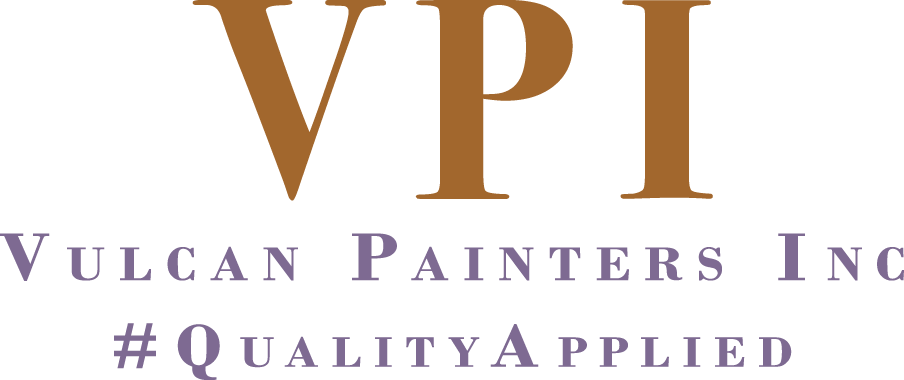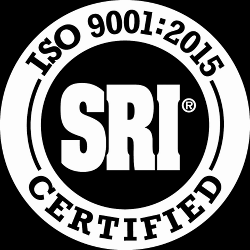Vulcan Painters' Quality Director Gives Corrective Actions Workshop
Feb. 14 2014 -- Orlando, FL-- Cory Allen, Vulcan Painters Inc.'s director of quality systems, presented a workshop for 26 attendees at the SSPC-Society for Protective Coatings 2014 Convention, held in Orlando Feb 10-13. The conference had 2,058 participants and sold out booth space in the exhibition hall.
Allen's workshop "Writing Effective Corrective Actions" is a condensed version of training he gives managers and quality personnel at Vulcan. The workshop objectives were to learn:
- Definitions of nonconformance, corrections, corrective actions and how to distinguish between them;
- The format of an effective corrective action;
- How to write an effective problem description;
- How to perform an effective root cause analysis;
- How to determine the effectiveness of the corrective action.
The workshop was a hands-on, interactive session in which participants not only learned the definitions they need to know to write corrective actions, but were asked to evaluate the effectiveness of corrective action reporting examples, and suggest ways to improve them, and to predict the outcome of suggested solutions.
Allen started the session with some background in theories behind the development of quality control and continuous improvement, including the Juran Trilogy, and the Deming Chain Reaction, which show that continual improvement in processes reduces production costs and improves quality and return on investment.
Corrective actions are performed to prevent reoccurring production failures called "nonconformities." They are a requirement for SSPC QP 1 certified contractors, and also for ISO 9001, as part of the quality management system.
Participants learned how to write a problem description and identify the process requirement that was not being done correctly (the nonconformance). They also learned how to do a root cause analysis by asking the five "why's" that dig into the underlying causes of an issue of poor quality.
Participants studied six case histories of actual industrial coatings problems and their corrective actions. They took three quizzes during the workshop, to use and improve their skills in writing effective CARs.





 ISO 9001:2015
ISO 9001:2015








